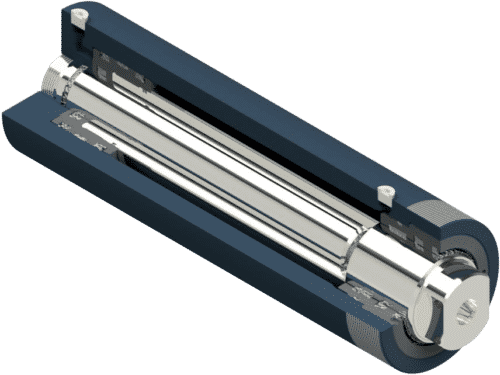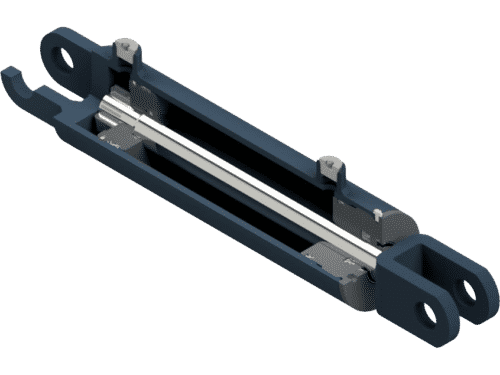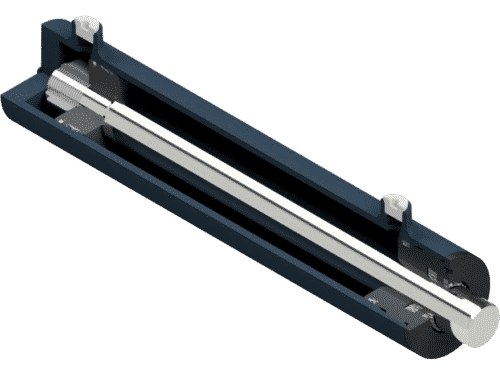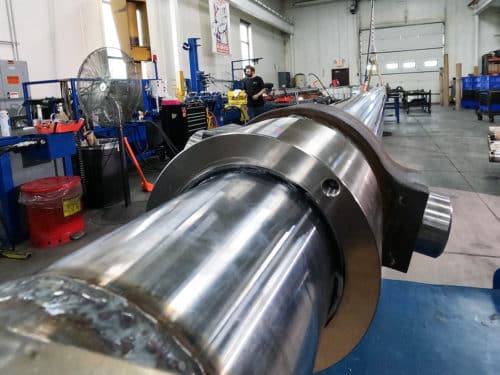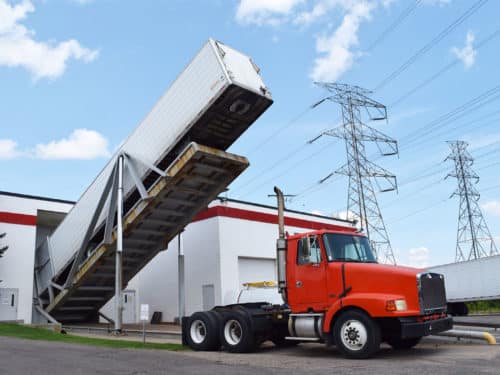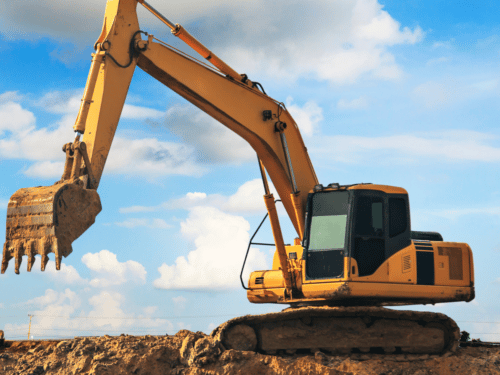Maintaining Hydraulic Fluid Temperature to Minimize Overheating
It’s normal for hydraulic systems to generate heat during operation. If fact, a little heat is necessary to get fluid to the right temperature for optimal hydraulic cylinder performance. But as with anything mechanical, too much heat is never a good thing.
What Causes Hydraulic Systems to Overheat?
Several internal and external factors can cause excessive heat, affecting the hydraulic fluid temperature. When left unaddressed, you risk overheating your system and causing major hydraulic cylinder and component damage. Common sources of excessive heat generation include:
- Overworking hydraulic cylinders
- Operating equipment in hot environments or near heat sources
- Hydraulic fluid leaks or contamination
- Changes in fluid viscosity (too high or low)
- Faulty seals or components
- System pressure issues
How Hydraulic Oil Temperature Affects Your Equipment
Controlling hydraulic fluid temperature is critical in preventing overheating and cylinder damage. Failure to maintain stable hydraulic fluid temperatures causes several problems, including:
- Fluid Contamination: Hydraulic fluid produces sludge at high temperatures. The sludge contaminates hydraulic cylinders, leading to system inefficiencies and equipment breakdown.
- Changes in Fluid Viscosity: Heat degrades hydraulic oil and lowers viscosity. Changes in viscosity affect lubricity and increase the chance of leaks.
- Damage to Hoses and Seals: High hydraulic oil temperatures can harden or damage hoses and seals, making your cylinders prone to leaks and accelerated wear.
Tips for Maintaining Hydraulic Fluid Temperature
So, how hot is too hot when it comes to maintaining stable hydraulic oil temperature? It depends on the type of fluid used in your hydraulic system. The average “too high” point for hydraulic oil temperature is around 140°F (60°C), with significant system damage occurring at around 180°F (82°C). Keep in mind that fluids come in different viscosities and operating temperature ranges, so always use your specific fluid as a reference point.
Here are tips for maintaining hydraulic oil temperature to prevent your system from overheating:
- Install a heat exchanger. You can use an infrared thermometer to monitor performance and make sure your hydraulic system is dissipating more heat than it generates.
- Only use fluid with the appropriate viscosity and operating temperature for your hydraulic system and application. Extreme temperatures, harsh environments, and demanding applications often require a higher viscosity fluid.
- Monitor hydraulic fluid levels and refill your system with clean fluid as needed. Low fluid levels prevent your system from performing optimally and can cause overheating.
- Inspect hydraulic fluid for signs of sludge or contamination and replace fluid as needed.
- Check seals and hoses for leaks and signs of wear as part of your scheduled preventative maintenance program.
Aggressive Hydraulics is an industry-leading custom hydraulic cylinder manufacturer. Our Purpose-Built™ , American-made cylinders have a rugged design and are engineered to outperform OEM hydraulic cylinders. Give us a call at 866.406.4100 to discuss solutions for your mobile equipment application.
